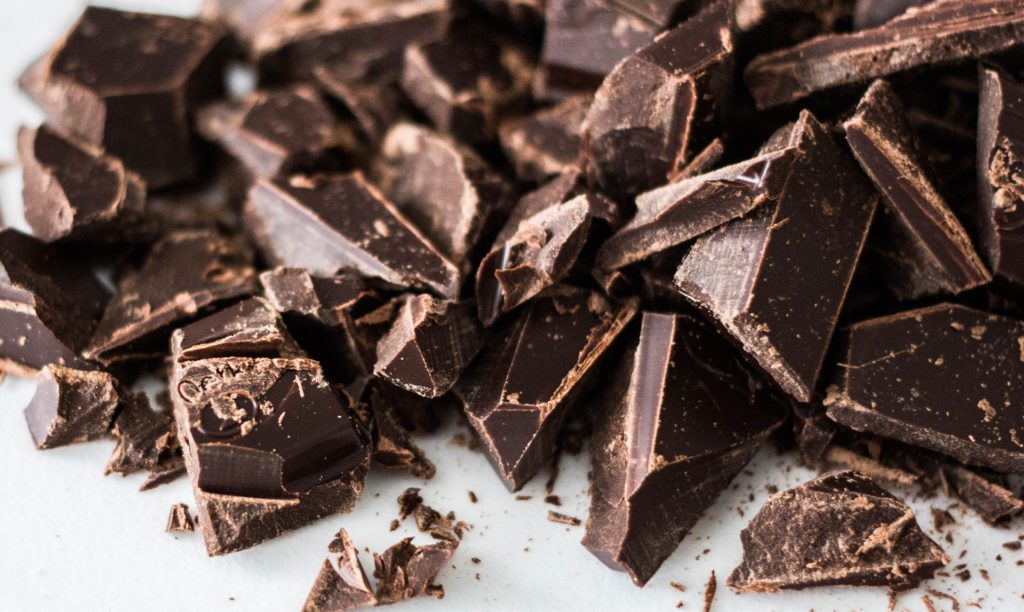Of the 700,000 tonnes of chocolate produced each year in Belgium, 57 percent met sustainability standards in 2020, according to an annual report from Beyond Chocolate.
The amount represents an increase of 7 percent over 2019.
“While a positive movement has been initiated, much remains to be done to realize the ambitions of living incomes and zero deforestation,” the organisation said.
All chocolate sold under the house brands of Aldi, Colruyt, Delhaize and Lidl now carry a sustainability hallmark, and more A-brands are also opting to follow suit.
More than 60 partners, ranging from players in the chocolate industry to supermarkets and research institutes, are adopting the standards of Beyond Chocolate, which calls for sustainable trade in chocolate production.
Their goal is to provide 140,000 cocoa farmers supplying the Belgian market with a livable income by 2030 and to put an end to deforestation linked to the cocoa industry.
By 2025, they’d like for 100 percent of the chocolate produced or sold in Belgium to have earned a sustainability label or be included in a company's sustainability programme.
Besides the increasing number of chocolate products meeting sustainability standards, Beyond Chocolate reported that more and more Belgian chocolate producers are transparent about where their cocoa comes from.
In 2020, 40 percent of the chocolate produced in Belgium could be traced back to a cocoa factory.
Partners are also choosing to pay premium prices to cocoa farmers and cooperatives in order to close the existing income gap.
“We have to stay focused on the 2030 targets,” said Philippe de Selliers, President of Beyond Chocolate and CEO of Leonidas.
“The report also shows that the road to livable incomes is still long and that progress will have to accelerate in the coming years.”
To accelerate sustainability, Belgian Development Cooperation is making a €2 million financing fund available.
In 2020 and 2021, a total of nine sustainability projects have to be started up in Ivory Coast, Ghana and the Democratic Republic of Congo.
Similar initiatives for sustainable cocoa exist in the Netherlands, Germany and Switzerland.
Together with Beyond Chocolate, they have set four goals: contribute to a viable income for cocoa farmers and their families; put an end to deforestation linked to the cocoa industry and contribute to sustainable reforestation and biodiversity; put an end to child labour and forced labour in the cocoa production chain; and make production chains more transparent.

